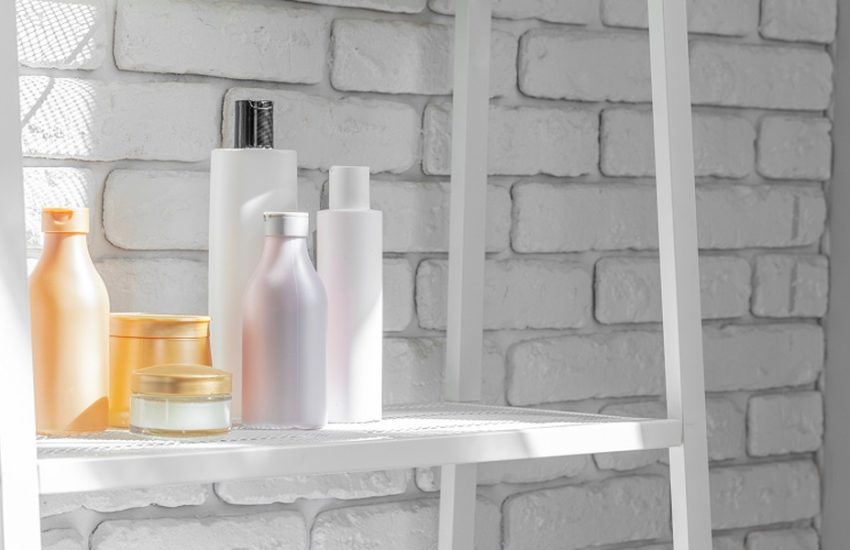Age-related hearing loss
People who are fit and healthy at a young age proceed with many health problems in the older period of their life. Age-related hearing loss is a process of weakening hearing capacity and occurs in people as they grow old. The changes in the auditory nerve and inner ear may cause age-related hearing loss. The age-related hearing loss is also known as presbycusis, and it seems to be generational too. It affects both the ears gradually, and if people don’t realize and consider it, they might lose their sense of hearing forever. People in their elder years can never bear noisy environment and phantom and loud sounds.
How aged people lose their hearing?
In the age-related hearing loss, many factors can affect the capacity to hear. Sometimes the long-term exposure to phantom sounds, noisy environment, and loud voices can become the reason to lose hearing. Usually, natural factors of aging affect the sense of hearing.
Noise-induced presbycusis
The term defines long-term exposure to loud sounds throughout adolescence and puberty that affects both ears in the last years of life. The sensory hair cells allow the voices to come in the ear and enhance the ability to hear and listen, which get affected due to noise exposure. These hairs can never grow again once damaged and diminish the sense of hearing.
Older people may also have to deal with other problems, such as diabetes or high blood pressure that affects the hearing ability, and the long-term susceptibility of diseases with the ears can lead to hearing loss. Older people may need to take several medications to treat their ailments, and those medicines can also affect the cells in the ear, such as chemotherapy drugs affect sensory cells. Aspirin and antibiotics also affect the hearing sense. Age-related hearing loss can mostly occur due to internal problems cause in the ear instead of the middle or outer ear.
Symptoms of age-related hearing loss
There are several symptoms to comprehend if the hearing problem occurs or not. Such as,
- Murmured or slurred sound
- High pitch sounds are hard to detect
- Constant ringing (tinnitus) in both ears
- Loud and phantom sounds directly go to the middle of the mind that causes headaches
Prevention for age-related hearing loss
It is necessary to take prevention at earlier ages than to become deaf in older age. Although clear preventions are not available from scientists, it is obvious to protect yourself from loud noise exposure. Know the potential sources of damaging noise such as loud music, snowmobiles, lawnmowers, firearms, and leaf blowers, and try to keep it away from you. Never go near loudspeakers and lower the voices if you put on headphones. The noise-induced problems can go straight to migraines along with hearing loss and deafness.
There are several devices to treat age-related hearing loss, such as hearing aids. Older people can also approach assistive devices that convert speech into text to stay away from sounds and voices, such as telephone amplifiers. The preventive measure to remove ear wax so that the wax does not go in-depth.
These precautions can help you treat age-related hearing loss and problems.



